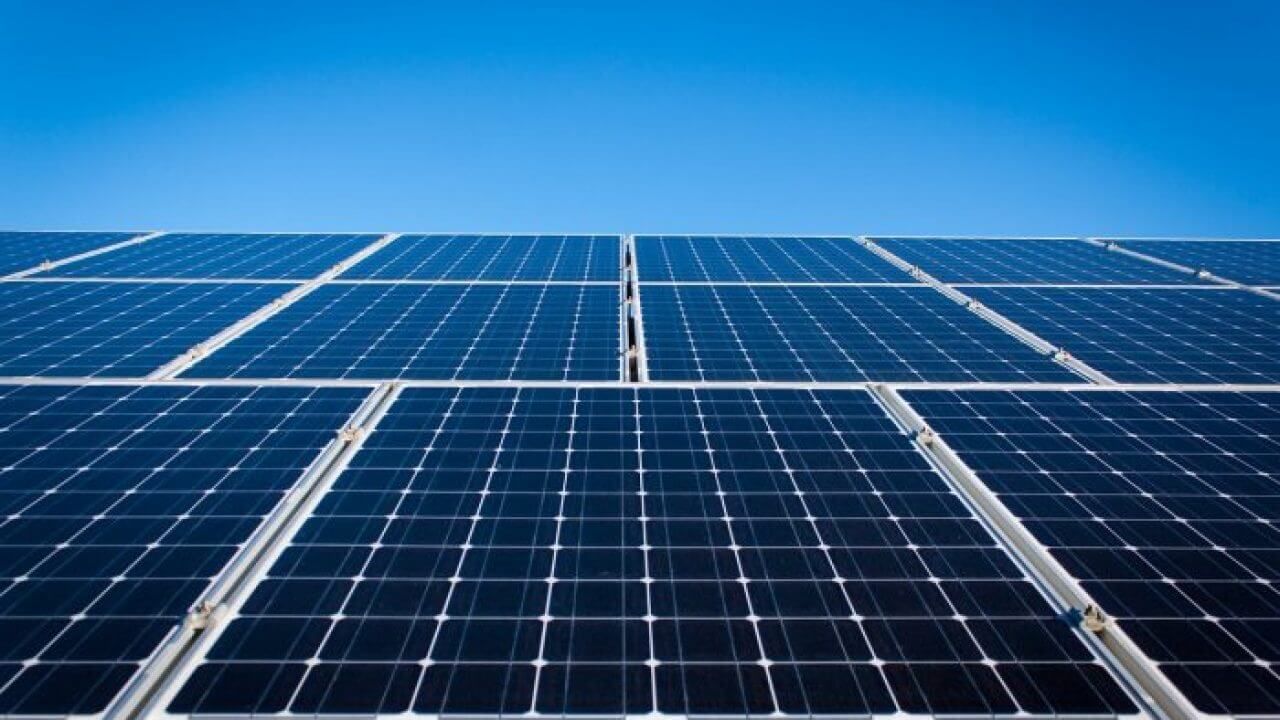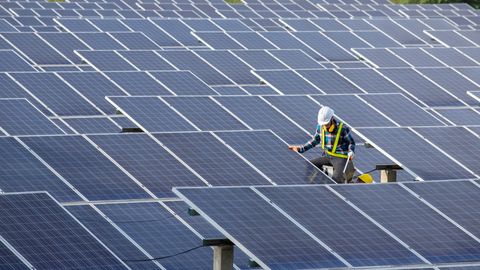The Benefits and Disadvantages of Solar Panels for Commercial Buildings

Solar energy has the ability to save you money and help you gain consumers, but it isn't appropriate in every circumstance. If you're considering investing in solar energy, weigh the benefits and drawbacks carefully.
How Can Solar Energy Help You?
The possibility for cheaper energy bills is one of the most appealing features of solar energy. You will not be charged for the electricity generated by the solar panels once they have been installed. If your company is normal, you'll recoup your panels and installation costs within six years. Keep in mind that the majority of solar panels have a 25-year warranty. Even better, many local electrical companies will purchase any excess power generated by your panels. As a result, you may be able to profit from the panels in the future.
It is possible for you to become less reliant on the local electricity system by installing Storage Battery Systems. You'll still have power if the power goes off due to a storm or another issue. When your competitors can't, you'll be able to keep your business running and your consumers comfortable.
While the cost of purchasing and installing commercial solar panels may appear to be prohibitive, there are ways to save costs. Manufacturers and utility companies frequently offer rebates that allow you to recuperate a portion of your investment immediately. Federal and state tax credits for energy-efficient equipment can help you save money overall.
Solar energy, unlike coal-fired power facilities, creates no hazardous pollutants. You may assist to limit the generation of greenhouse gases that harm the environment and contribute to common health concerns like asthma by using solar electricity instead of municipal power. Solar energy, in reality, is less harmful to the environment than hydroelectric dams and wind turbines.
Your solar panels show that you care about the environment and the public's health. They help you stand out from the crowd and attract clients that care about the environment.

Solar Energy's Negative Effects
Solar panels reduce your reliance on the power company, but they also increase your reliance on the weather, which is even less dependable. Cloudy days lower the efficiency of the system, and too many of them in a row can result in higher power bills than intended.
Your system may never reach its full potential efficiency if your building is surrounded by tall trees or structures. You'll still be depending on your electricity company in all but the brightest of situations. That's why, before you decide to invest in solar power, you should have a professional examine your building site and electricity needs.
Solar power equipment, like any other technological device, needs to be maintained on a regular basis. The efficiency of a solar panel is reduced by dust and debris, so keep yours clean to get the most out of it. You'll need to hire a trained repair professional if your system has been damaged by hail, wind-blown debris, or animals.
Installing a business solar energy system, even with subsidies and tax incentives, is still a large upfront expenditure. The electrical system will need to be changed if the system is being added to an existing structure. It's also possible that you'll need to replace your roof. Because of these reasons, installing a system in an existing structure is more costly than installing one during construction.
Before you spend so much money up front, undertake a thorough cost-benefit analysis with the help of a solar energy professional to avoid a costly disappointment.
Our mission is to assist our customers in learning about the benefits of Solar Power and how it will save you money. It is free to have our experts come out and give you a quote and work out from previous power bills what your savings will be.